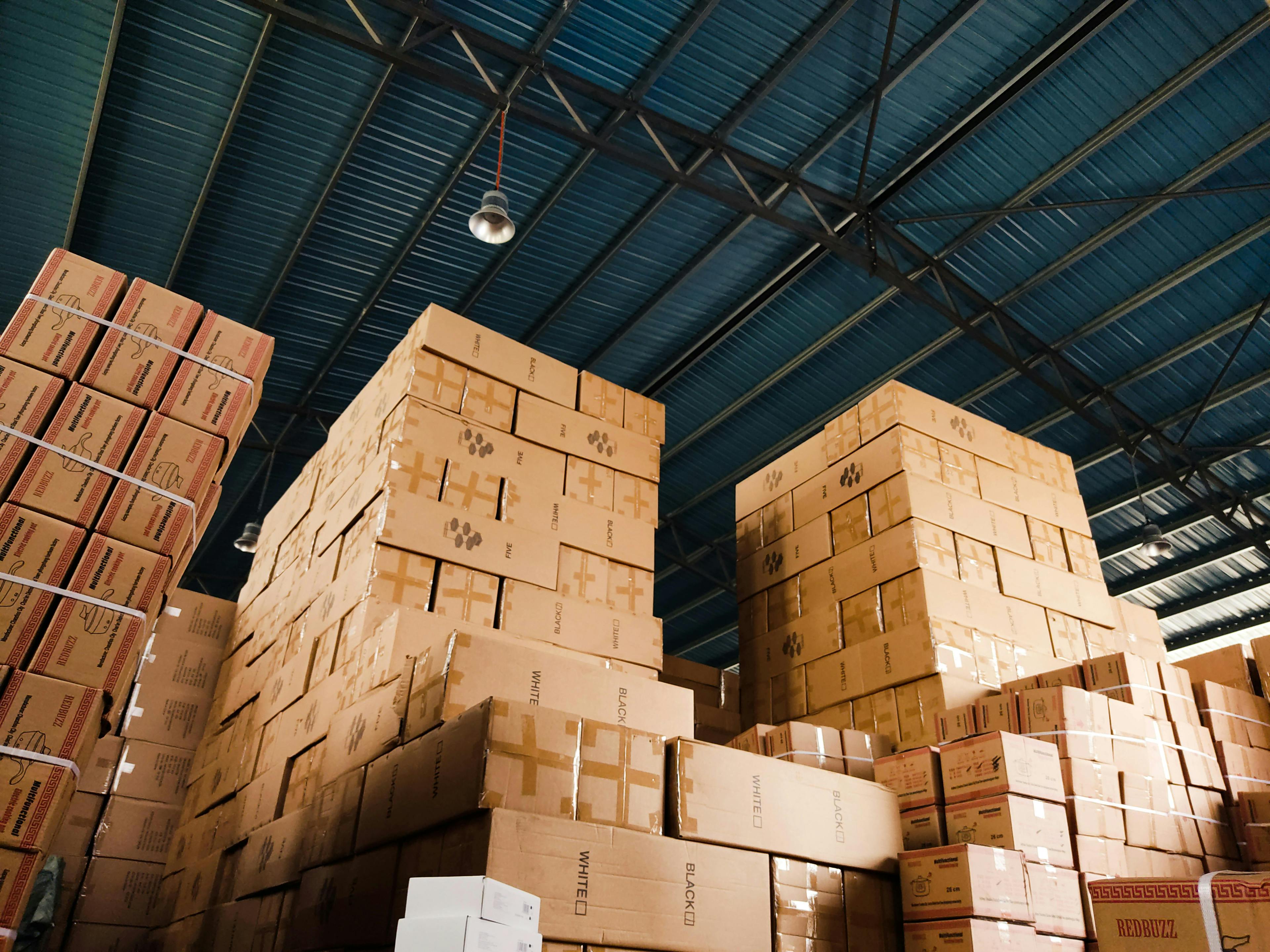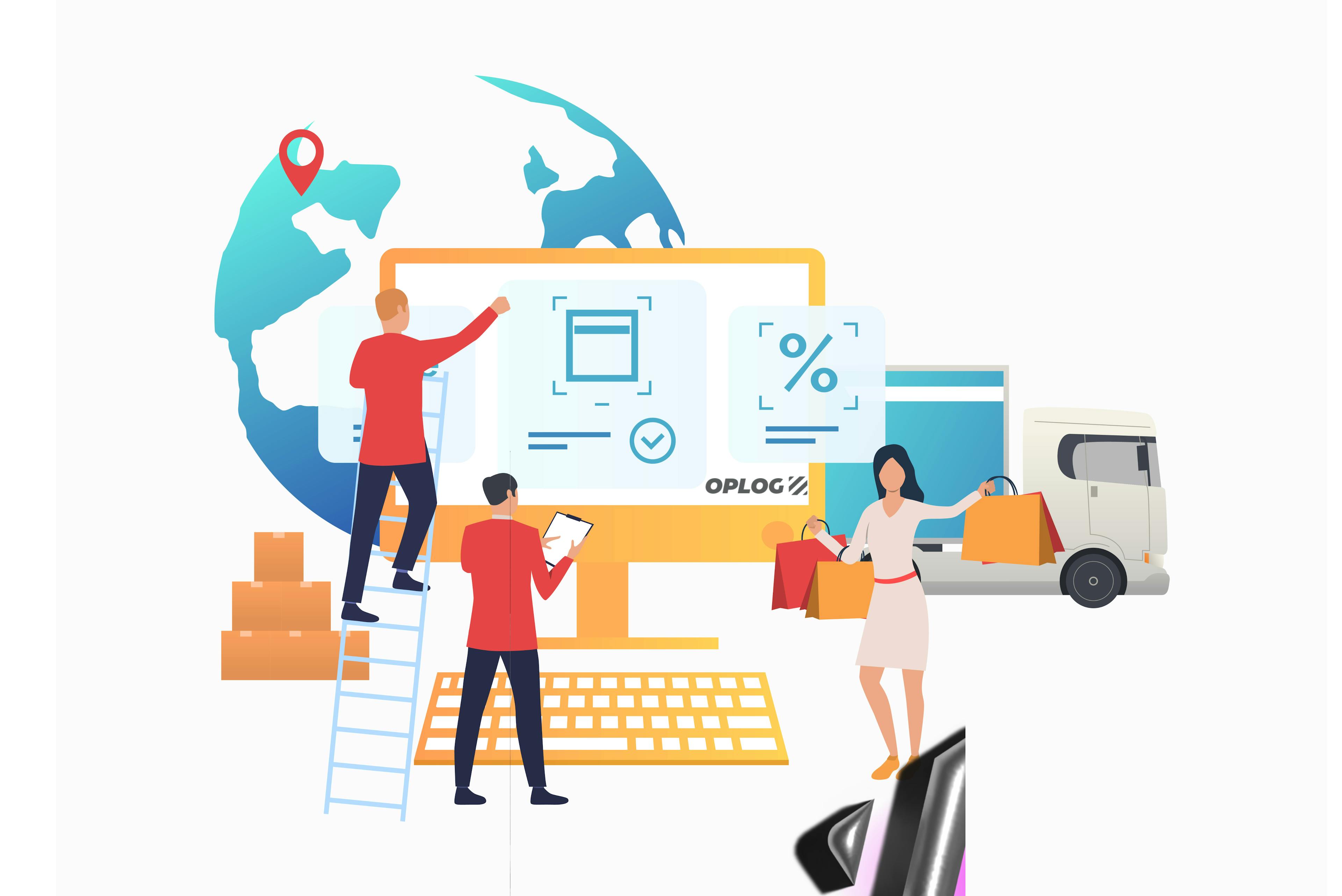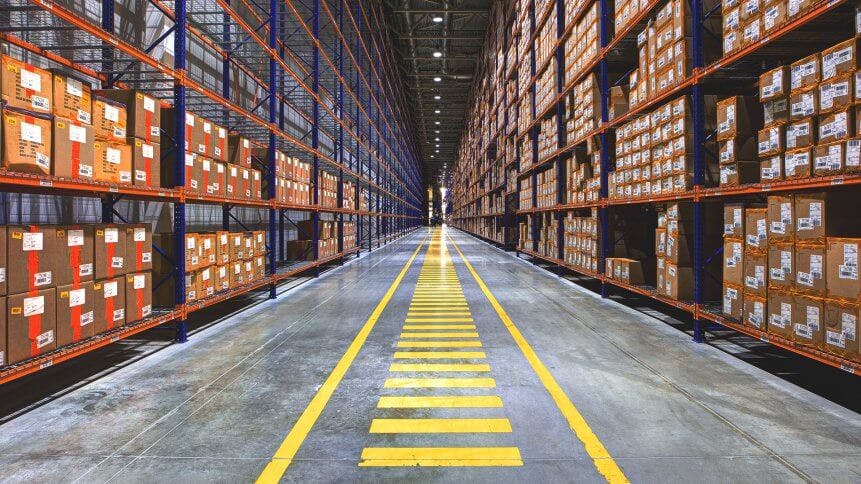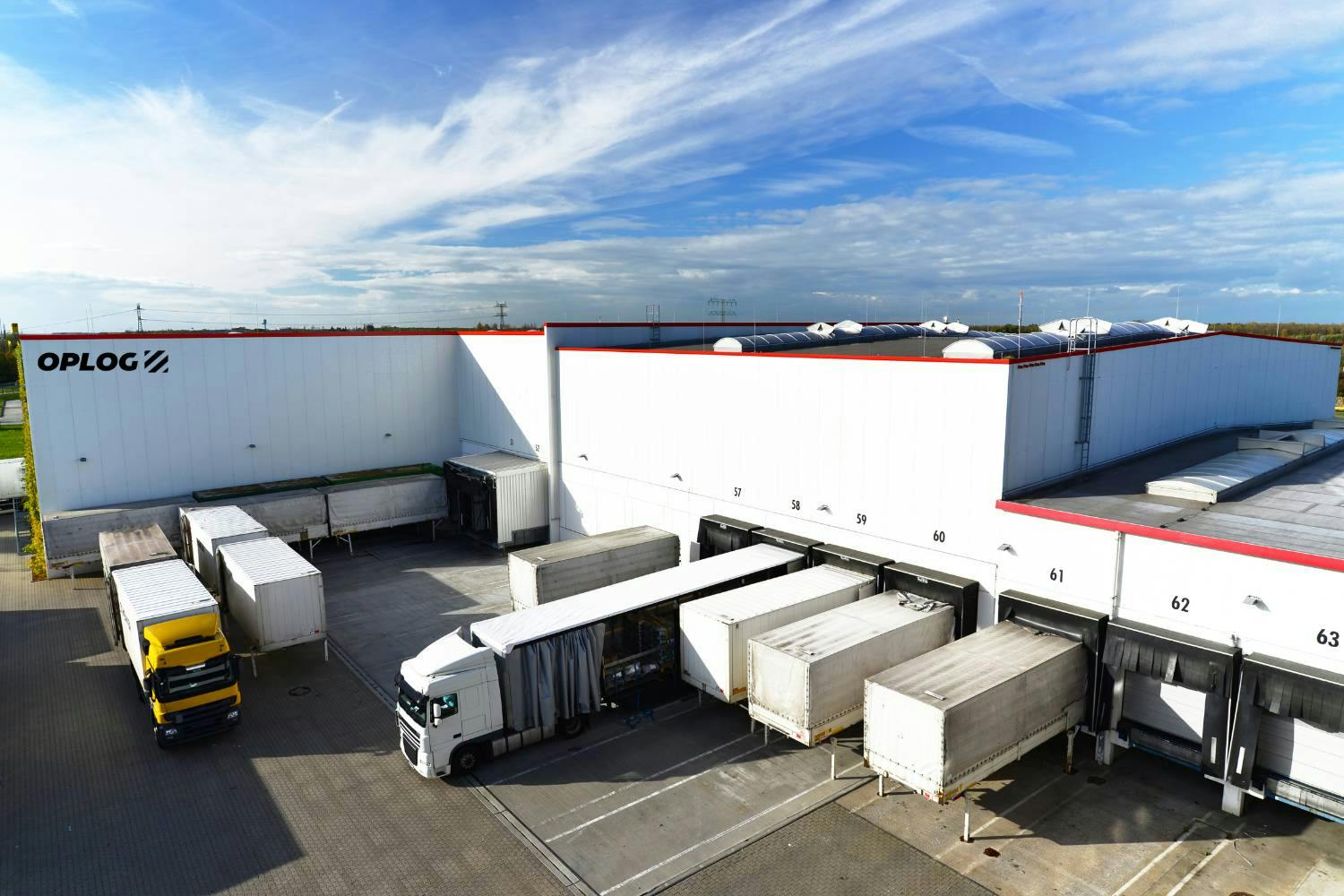Everything About Logistics and Its Fields | OPLOG
The French word "logistique" was formed from the meaning of "supplying and accommodating military units." Initially, logistics was vital in transporting military personnel, equipment, and goods. Later, logistics became more widely used in transporting commercial goods within the supply chain. Nowadays, the delivery of a product covers all transactions carried out during the period.
Logistics is the process of planning and applying transportation and storage of consumer goods from the point of production to the end of consumption smoothly and at optimum cost. Logistics processes have great importance in meeting customer requirements in a timely and cost-effective manner.
Why is Logistics Important?
The reliable and timely delivery of products throughout the supply chain has been of great importance since the concept of trade existed. However, especially with the technological developments in recent years, the fact that eCommerce has started to take up more space in our lives has brought the concept of logistics to a more critical point than ever before.
Today; suppliers, manufacturers, distributors, and retailers must continually improve their logistics processes to meet the demand for faster and more cost-effective delivery of a broader range of products. They have access to real-time data about disruptions that may arise during the order process, inventory, delivery, and supply chain stages of orders received throughout the supply chain. We know that success in logistics means increased efficiency, lower costs, higher production rates, better inventory control, more innovative use of warehouse space, improved customer and supplier satisfaction, and a better customer experience.
What Do Logisticians Do?
Logistics is responsible for analyzing and coordinating a business's entire supply chain.
- Manage the allocation of raw materials, consumables, and end products
- Developing business relationships with suppliers and customers
- Meet the needs of customers for a smooth delivery process and understand how to meet these needs
- Improve the strategies to minimize the cost or time required to transport products
- To review and identify areas for improvement in logistics functions such as purchasing, inventory entry, storage, transportation, correct information flow, and planning of these activities.
Fields of Logistics
Shipping and physical distribution
Shipping and physical distribution are critical steps for the requested product or service to reach its destination correctly at the time. This process needs different transportation methods such as domestic, international, air, sea, land, and railway.
Supply chain
A supply chain, or in other words, a logistics network, is the name given to the network of managerial tasks in which the flow of materials and information is effectively provided between suppliers, manufacturers, distributors, retailers, and consumers. The supply chain can also be defined as creating business models that increase customer satisfaction by integrating basic business processes such as the design, planning, operation, control, and monitoring of operations in the most accurate way.
Stock management
Inventory management is all of the processes that are carried out to keep the products that must be kept in balance to meet the needs of a company, and in this way, all movements in the stock can be quickly followed. Today, stock management, which has started with automatic systems rather than a workforce, provides many benefits for the user. It is crucial for a company to control stock management by an automated system instead of the classical counting method. Since the rate of mistakes in the workforce is much higher than in the automatic system, the probability of being victimized in cases such as incorrect stock counting or forgetting is very high. In logistics, this system counts the stocks automatically.
Storage
The collection centers of the produced goods or services before distribution are warehouses. As crucial as the continuation of production is for companies, the trouble-free storage of the end products is just as necessary.
Packaging
The packaging job is to deliver the products in the warehouse to the customer with a solid, clean, neat appearance. Each company can choose suitable packages and customize their boxes as they wish. Packaging safety is essential when sending a reliable product from the seller to the buyer to ensure customer satisfaction.
Outsourcing in Logistics
Today, while the vast majority of companies focus on their activities, they need a helpful intermediary for the complete and correct execution of these activities. They receive this help from service providers who are experts in their fields. This service, obtained from service providers depending on agreements and contracts, is called outsourcing.
Third-Party Logistics (3PL)
Third-party logistics is the services received from a third party outside the company, which covers the efficient and effective planning, management, and control of the mobility within the supply chain according to the needs of the companies. Today, many eCommerce companies collaborate with 3PL companies to increase operational quality, reduce costs and improve customer service. 3PL also offers many different services and advantages to its users.
LLP (Lead Logistics Provider)
A lead logistics provider (LLP), also called a fourth-party logistics provider (4PL), offers a variety of tasks for every step of your supply chain, including managing other 3PLs, overseeing transportation management, and overseeing warehouse operations, or controlling any part of the procurement process. The LLP (or 4PL) system is your primary supply chain, management provider.
What is Reverse Logistics?
Reverse logistics is the process of accepting products or parts returned from the point of consumption so that the manufacturer can carry out activities such as remanufacturing, disposal, and recycling. The process aims not to deliver the product to the consumer but to send the product from the consumer to the manufacturer. Reverse logistics often includes product acceptance, product receipt, product inspection, product reuse, product recycling, and product burial.
What is Global Logistics?
Global logistics is transporting products in an international supply chain from the moment of production to other regions utilizing an intermodal transportation system by ocean, air, rail, and road.
eCommerce Logistics
eCommerce logistics refers to the processes involved in storing and shipping inventory for online stores or marketplaces, including inventory management, picking, packaging, and shipping of online orders. eCommerce logistics starts with the stocks leaving the manufacturer and continues until the product is delivered to the customer. The dynamics of eCommerce logistics are manufacturers, fulfillment centers, distribution centers, and transporters. It also provides significant advantages to its users.
Supply Logistics
Supply logistics is the whole process from receiving the raw material from the producer to delivering it to the consumer. These include planning stages such as receiving the goods, loading the goods, checking the product, maintaining stock control, storage and transportation. In procurement logistics, this planning is carried out, and continuous communication is established with the points determined to ensure that the procurement process is flawless.
Whether you are a goods-oriented, service-oriented, or eCommerce business, choosing the best logistics company is necessary. At this point, we can be the logistics partner you are looking for, thanks to our technological power and scalability ability. Moreover, we have a working culture and a growth rate of 4564%, and besides, we are the most technological logistics company in Turkey. Contact us if you want to solve your logistics problems by taking advantage of OPLOG's professional perspective and experience in the sector.






